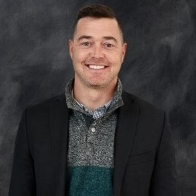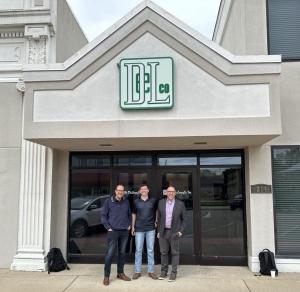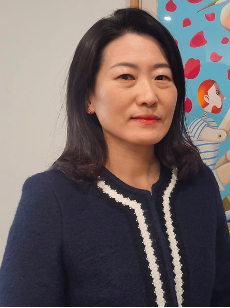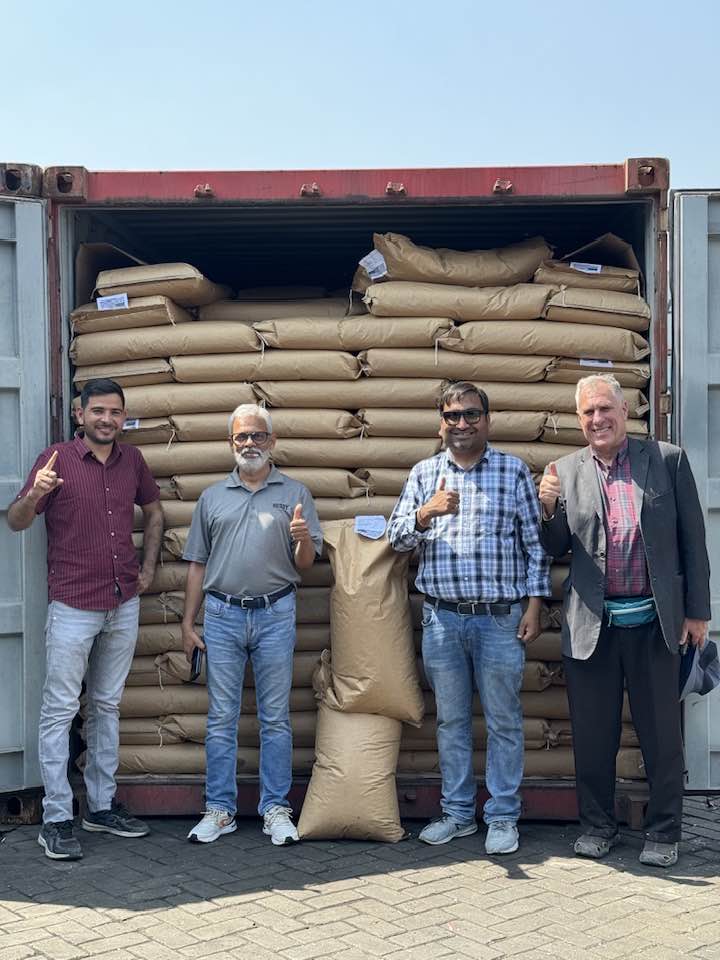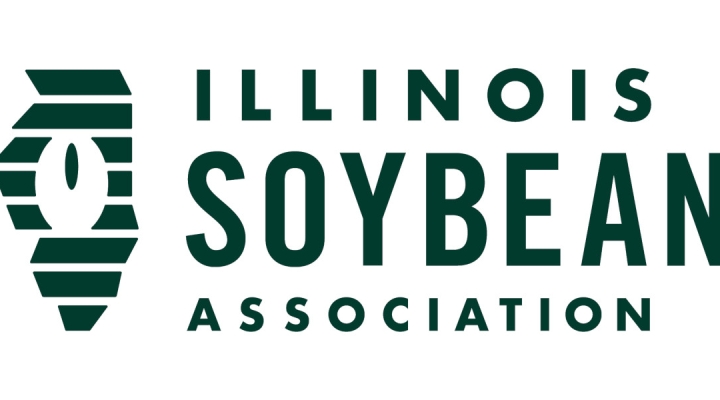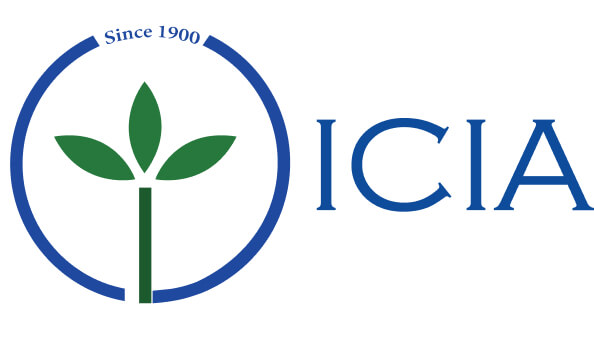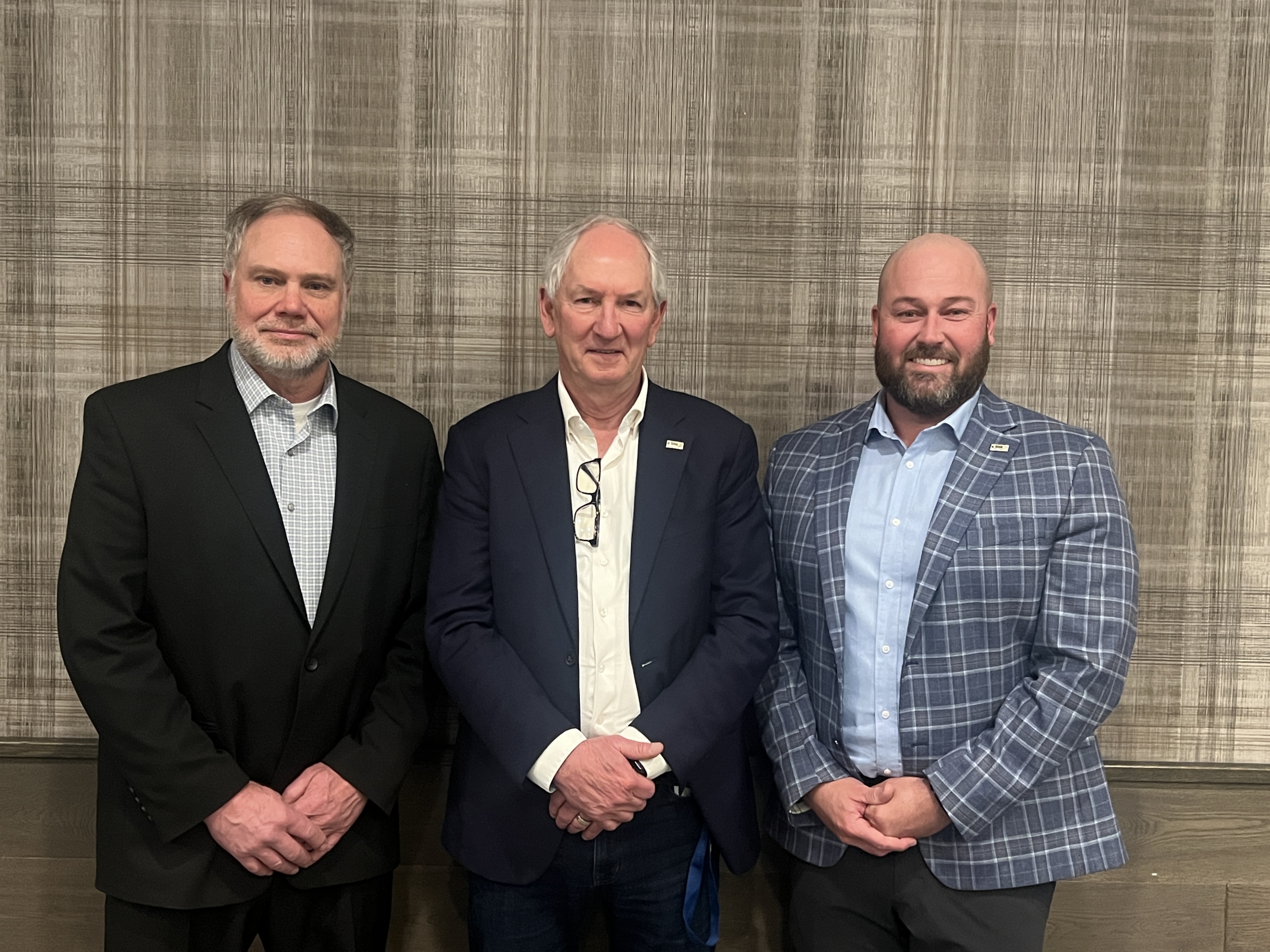SSGA set for Manila mission
The Philippines were one of the first countries SSGA explored to learn about Southeast Asian markets for identity preserved (IP) field crops and the first to participate in the IP B2B virtual business events during the pandemic. Now, the alliance will visit Manila, that country’s capital, Aug. 6-10 for a series of meetings and U.S. Identity Preserved Workshops with food manufacturers to promote high-quality, traceable grains and oilseeds from the United States and the U.S. Identity Preserved assurance plan and brand label program.
The delegation includes SSGA board directors Chuck Kunisch (Michigan Agricultural Commodities) and Bryan Severs (Illinois Soybean Association), IP consultant Rob Prather and SSGA Manager of Strategic Programs Shane Frederick, along with representatives of the organization’s global management team.
“We look forward to the opportunity to sit down with food businesses and not only talk about the U.S. Identity Preserved system, companies and crops, but listen to those companies and better understand how we can assist them in communicating the U.S. IP quality and value message to their own customers,” Frederick said.
SSGA plans meetings with a variety of importing companies, U.S. cooperator organizations working in the Philippines and elsewhere in Southeast Asia, and officials with USDA’s Foreign Agricultural Service posted in Manila.
SSGA also held a U.S. IP workshop in Tokyo during the FoodEx Japan trade show in March and is planning another for Kathmandu, Nepal, in September, hitting each of its primary target regions – North Asia, Southeast Asia and South Asia before holding the second Identity Preserved International Summit Feb. 18-20, 2025 in Honolulu, Hawaii.
SSGA’s 2024 IP Workshops have been sponsored by the Minnesota Soybean Research & Promotion Council, Missouri Soybean Merchandising Council, North Dakota Soybean Council and Wisconsin Soybean Marketing Board as part of their support of the Identity Preserved International Summit.
The U.S. Identity Preserved program receives support from the Illinois Soybean Association, Michigan Soybean Committee, Minnesota Soybean Research & Promotion Council, South Dakota Soybean Checkoff and Wisconsin Soybean Marketing Board, along with funding from a USDA Agricultural Trade Promotion grant and added support from the U.S. Soybean Export Council.

